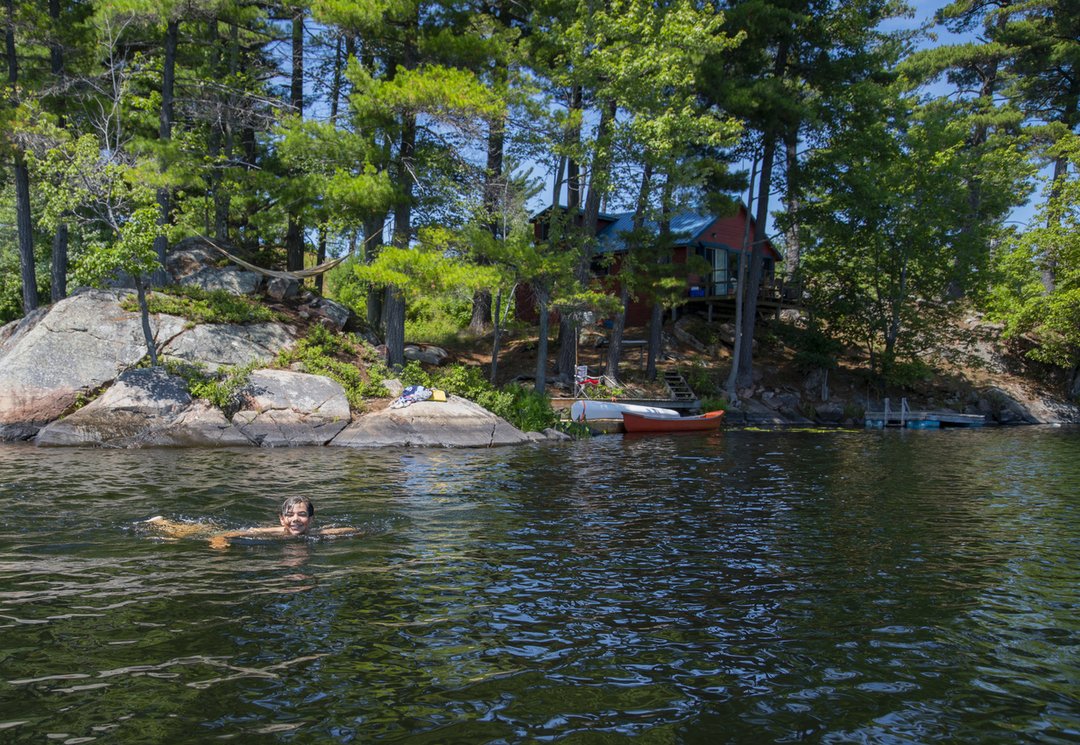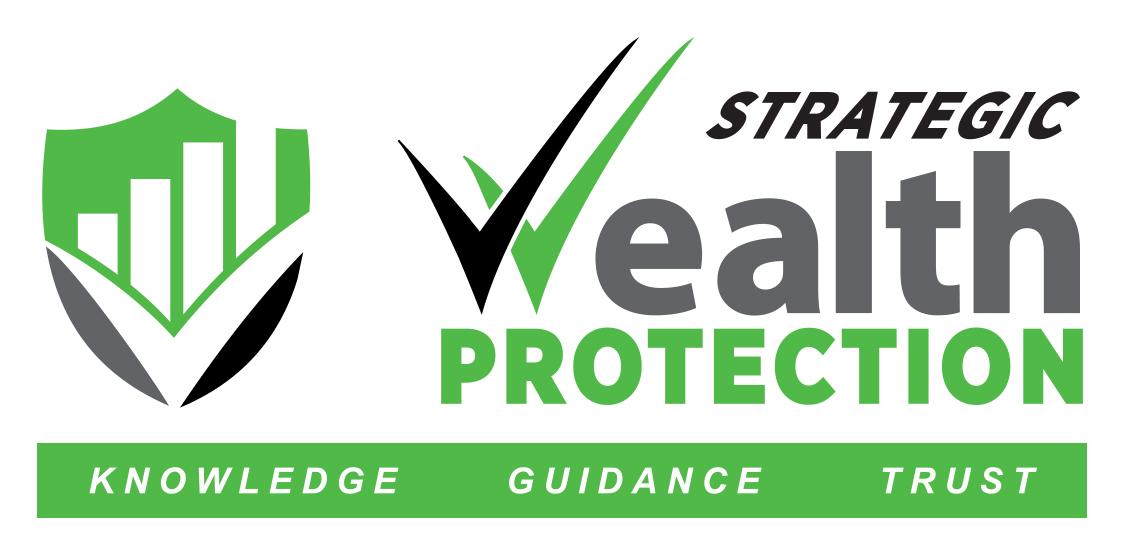
By Srivindhya Kolluru | Contributing Columnist
July 4, 2023
As you load up the car to head to the lake, there’s no better time to think about the legacy of your cottage — and how, with the right financial planning, you can keep it in the family for generations to come.
While prices for cottages have been plummeting across Ontario, according to the 2023 RE/MAX Cottage Trends Report, the report also found that more than 50 per cent of people who own or plan to buy a cottage said the chance to pass it down to family was a key motivator in buying.

iStock-1167448636
The biggest mistake people make when succession planning for their cottage is waiting too long, says Robert Coruzzi, regional vice president of wealth management at Meridian. Have those family talks early, he says, and then review them annually.
Coruzzi emphasizes creating “a budget that comes to life,” a document that can be reviewed and updated monthly depending on circumstances, which allows family to build those numbers into long-term financial plans.
“You’ll understand what your income and retirement will look like with those expenses,” says Coruzzi. This way, your kids will know the costs of taking over the cottage, including association fees, maintenance and utilities.
Climate can be a factor in plans, says RE/MAX Canada president Christopher Alexander.
“Weather patterns can be a lot harsher in cottage areas,” he says, adding that families should factor in higher heating costs for the winter.
If renting cottage, factor in management fees
There are other costs unique to a cottage, says Alexander, such as septic tank cleaning and dock maintenance. And if long-term plans involve renting, there are different costs associated with that, like management fees.
Robin Dillane, a mortgage broker with Haliburton Mortgage Services, has noticed a rise in short-term rentals and says it’s important to have the right insurance. And make sure you’re working with a local insurance company, she adds.
The same applies to mortgage brokers and real estate agents if you eventually plan to sell.
“I see a lot of clients come to the area who are used to looking at mortgages in a larger market, like the GTA,” says Dillane, “What you really need to do is focus on working with a local representative because we have expertise in the area.”
Finding a lawyer who can help you figure out the best way to transfer a family cottage is crucial, says Alexander.
“There are capital gains associated with transferring a cottage while you’re alive,” says Alexander. “Family trusts are an option many people use because it locks in your tax rate on capital gains. I just encourage people to explore them all and pick the one that best suits their needs.”
The bottom line: Don’t wait until the last minute to start planning the future of your family cottage.


